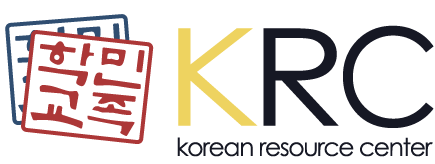The Korean Resource Center has pioneered in multiple digital and data programmatic areas among community building organizations in Southern California over fifteen years.
Website
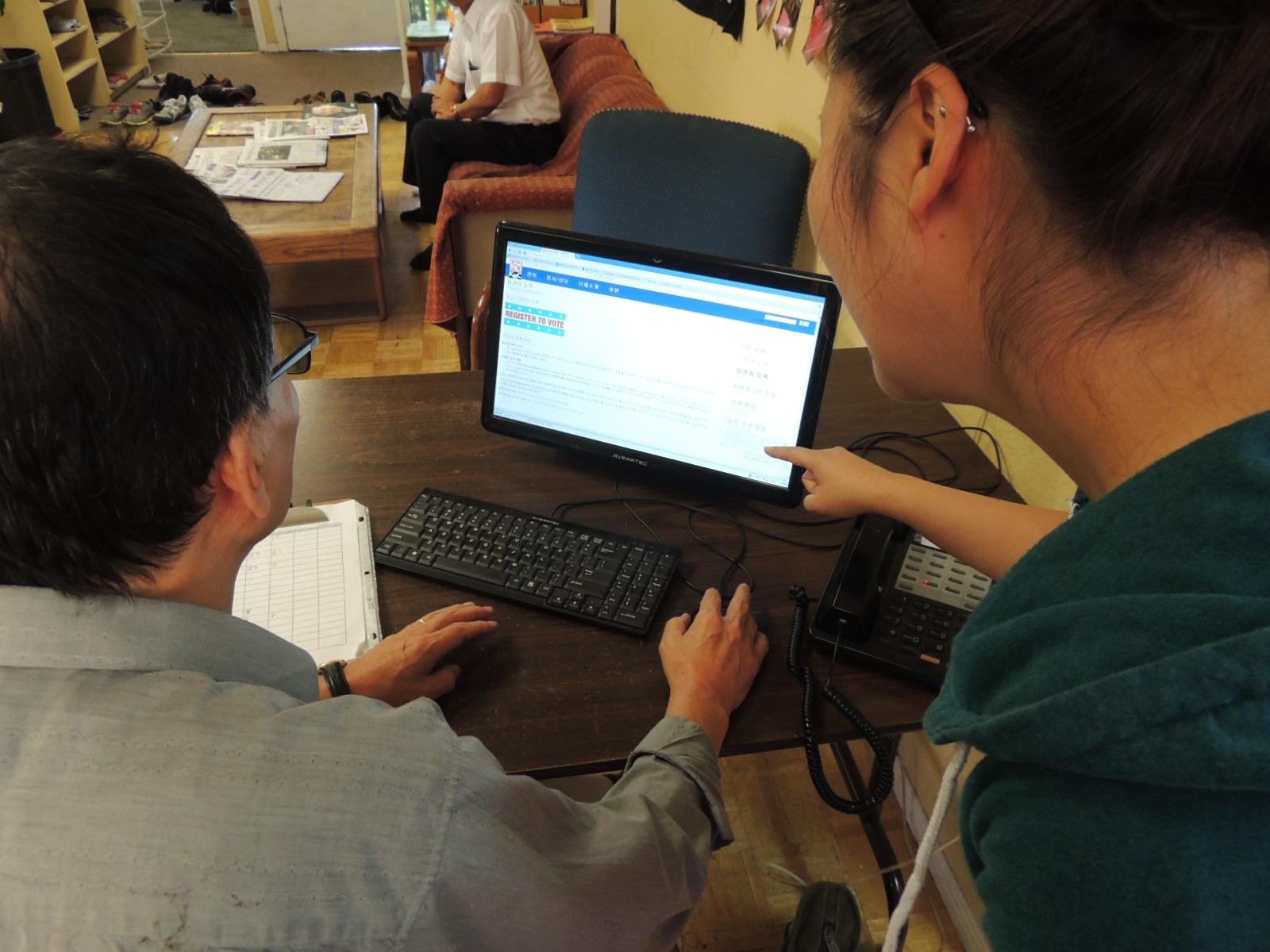 KRC's website is unique in its investment in fully featured bilingualism. Taking into account the reality that a larger portion of its target audience in online spaces speaks English, but the community it works in (which has lower rates of digital access) is monolingual Korean and limited English speaking, KRC has made all of its website content available in both languages. Taking advantage of an evolving technology, KRC focused in implementing and custom developing: content symmetry; remembering language preference and automatic language detection; cross-platform language integration; and language choice fluidity (for multi-language households).
KRC's website is unique in its investment in fully featured bilingualism. Taking into account the reality that a larger portion of its target audience in online spaces speaks English, but the community it works in (which has lower rates of digital access) is monolingual Korean and limited English speaking, KRC has made all of its website content available in both languages. Taking advantage of an evolving technology, KRC focused in implementing and custom developing: content symmetry; remembering language preference and automatic language detection; cross-platform language integration; and language choice fluidity (for multi-language households).
KRC also strived to take advantage of every possibility offered by having a website to the fullest extent. KRC's approach has been that something that is done in person or over the phone should also be available online, technology permitting. In this spirit, KRC has offered service inquiry for community members, contents of all paper outreach materials, referral information, volunteer interest forms and internship applications, donations and membership, workshop and event signups, live event updates, online petitions, videos and photos from events available to the public via its website and online spaces, and to the extent possible automatically integrated into its internal systems. Due to this approach and extensive usage of a wiki platform in its early days, webpages on KRC's core program areas and services such as voter registration, naturalization, AB540 and DACA have ranked as the top search result for Korean language searches.
This characteristic has also helped with load balancing in peak times - during the Medicare Part D crisis in the Korean American community in 2005-2006, key moments in the immigration reform debate, and the months after the passage of the California DREAM Act and DACA saw an outburst of community interest and questions to KRC, resulting in tens of thousands of phone calls, media interview requests, in-person visits and website search hits from community members trying to find information about the unfolding events. For example, from August 16 to August 28th of 2012 when DACA was first announced, KRC received 5,000 calls and missed calls on its five secondary phone lines alone. (Primary phone lines had no call log keeping capability.) Sometimes, the information they sought was life threatening, such as seniors relying on prescription drugs whose insurance arrangement had unilaterally changed overnight. This meant a hundred visitors sitting in information workshops and waiting in line at KRC's office for their turn for individual consultation, and KRC's four (later nine) phone lines jammed permanently. While online was not the preferred channel for a majority of the community, the website and its online questions system provided a vital backup in these peak times.
Social Media
The Korean Resource Center (KRC) utilizes three social media platforms to engage its base including Facebook, Instagram, and Twitter. KRC is able to share its most recent updates by posting photos, videos, and/or live streams of events, actions, youth programs, and more.
Civic Engagement Technology
Through a partnership with the California VoterConnect project and Mobilize the Immigrant Vote, KRC was among the earliest cohort of community organizations in California to directly access the Voter Activation Network (VAN) voter database software in 2006. By using VAN, KRC was able to independently assess, plan and implement sophisticated nonpartisan voter education and engagement programs that quickly scaled from 3,000 phone calls to Korean American voters in 2006 to 218,322 contact attempts in 2016.
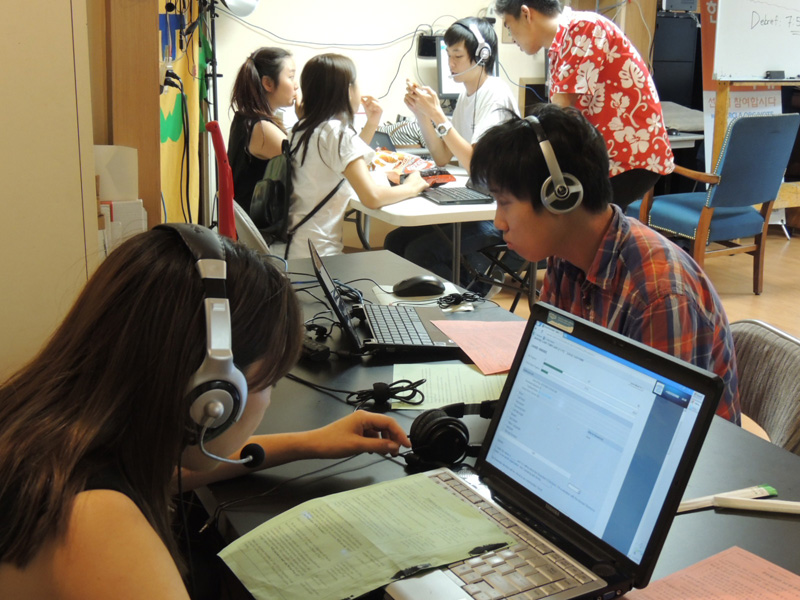
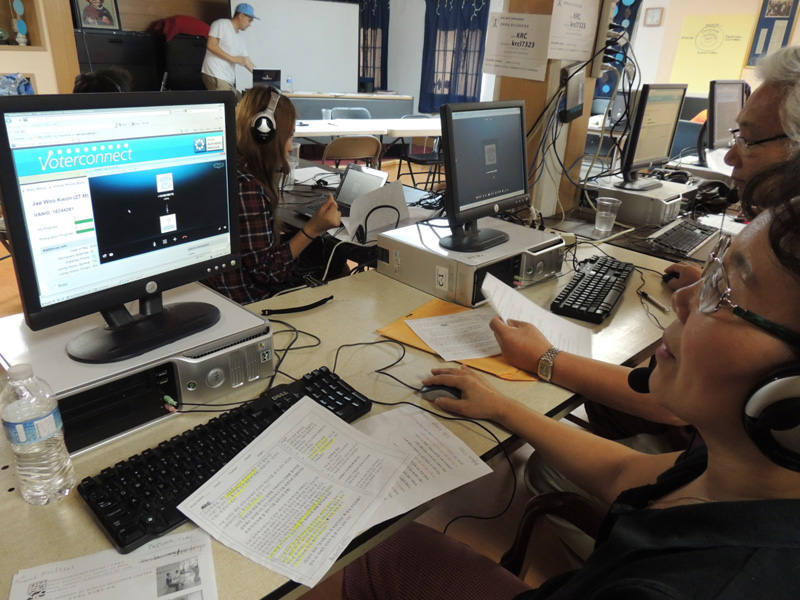
KRC's volunteers have called Korean American and Asian American voters using an array of transitional technologies common to the mainstream civic engagement campaign sector, and beyond: paper phone lists generated from the database and marked by callers for response entry used by first generation immigrant volunteers, in conjunction with an online interface assisted calling, and combined with computer VOIP software for large scale deployments; predictive dialer setups integrated into the online interface; segmented multilingual household targeting that matches monolingual or multilingual volunteers with the right voters (to the extent of available information); and combined with an inbound information and Q&A service, assisting thousands of voters annually, that completes a full cycle of engagement.

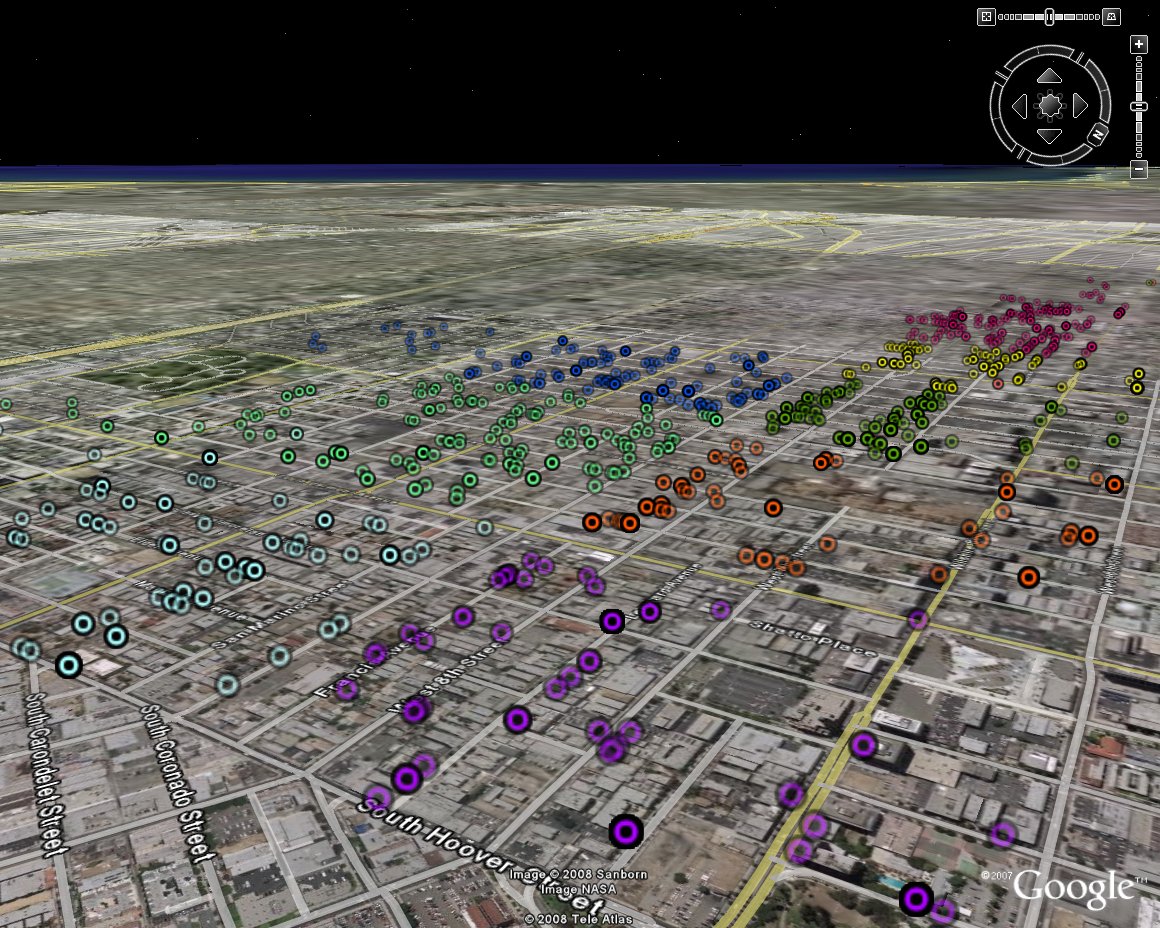
One of the tenets of KRC's approach to digital has been increased access to information, which in turn brings more ideas into the table. KRC's door knocking volunteers had access to an interactive turf map displays for quick pre-walk strategy discussions and tablets for walk information and live response reporting, and phone callers would review live group and individual progress and share insights nightly. Basic density and apartment saturation analysis was performed for thousands of neighborhoods and apartments in southern California for new region assessment and larger apartment prioritization in walk operations. KRC provided activist voter data training, peer coaching, voter activity report and turnout analysis services to a number of national and local organizations, activists and regional coalitions, Korean American media companies, and local governments.
KRC partnered with the elections administration departments of Los Angeles City and County (LACRR/CC & LACC), and the mobile voter registration solution Hello.Vote to expand user experience optimization and Korean translation, while pushing friends in the voter engagement ecosystem for expanded unicode adoption and quality language translation - including granular control over modular string translation - with some success.
With a transition to PDI and expanding to broader regions and communities, KRC continues to refine voter data and field practices, including a growing track record of field experimentation, data model development and auditing, and voter surveys.
Database
KRC centralizes information about services provided and online inquiries, donations and membership, online petitions, internship applications, email newsletter and text signup, event attendance and community organizing in general in a secure open source software called CiviCRM. CiviCRM is a long running database development project for the nonprofit sector, supported and used by thousands of software developers, private sector, and nonprofits, including organizations such as Amnesty International and Wikimedia Foundation. KRC belongs to a cohort of organizations partnered with Progressive Technology Project, which provides CiviCRM with customizations specific to the community organizing sector, with the branding of PowerBase.
KRC is in the process of adopting all its programmatic areas fully into PowerBase, involving extensive testing, customization, documentation and training; KRC is building up a data infrastructure for extensive cross-departmental analysis and evidence-based research to maximize the effectiveness of its civic engagement, small donor fundraising and community organizing efforts.
Thank You
We thank Mobilize the Immigrant Vote, National CAPACD, NAKASEC and New Organizing Institute for fostering KRC's digital capacity growth, and AAPI Circle of Change, Asian Pacific Community Fund, California Consumer Protection Foundation, the James Irvine Foundation, and thousands of individual donors for funding key breakthrough projects. We extend special thanks to the California VoterConnect project (2006-2012) for developing a unique model of full access voter data partnership with hundreds of grassroots community organizations across California, as well as Political Data, Inc, State Voices VAN/NGP-VAN, Relay, HelloVote, WPML. We have benefitted from the coaching and peer coaching of the Chinese Progressive Association, Asian Americans Advancing Justice - LA, and Visual Communications.
We would like to recognize the excellent work of Palante Technology Cooperative and Progressive Technology Project who helped take KRC's website and data operations to the next level, and our many data entry volunteers and volunteer programmers. Lastly, our advances in the field wouldn't have been possible without a vibrant open source community that brought CiviCRM, MediaWiki, WordPress, and open source IT and server infrastrucure to the world.
Staffing
Currently, the following staff touch upon on various aspects of digital programs, data management and communications work at KRC:
Ashley Yu, Communications and Development Manager
Jonathan Paik, Orange County Director
Lisa Liu, Data & Development Associate
Yongho Kim, Director of Digital
